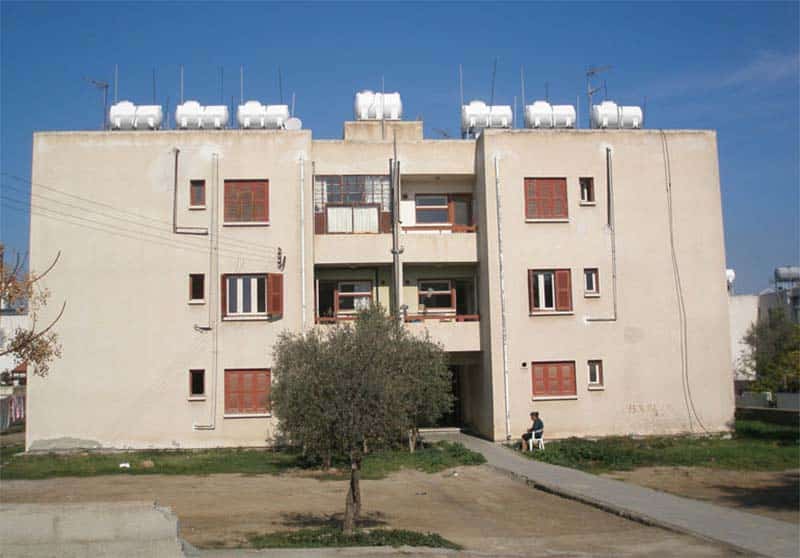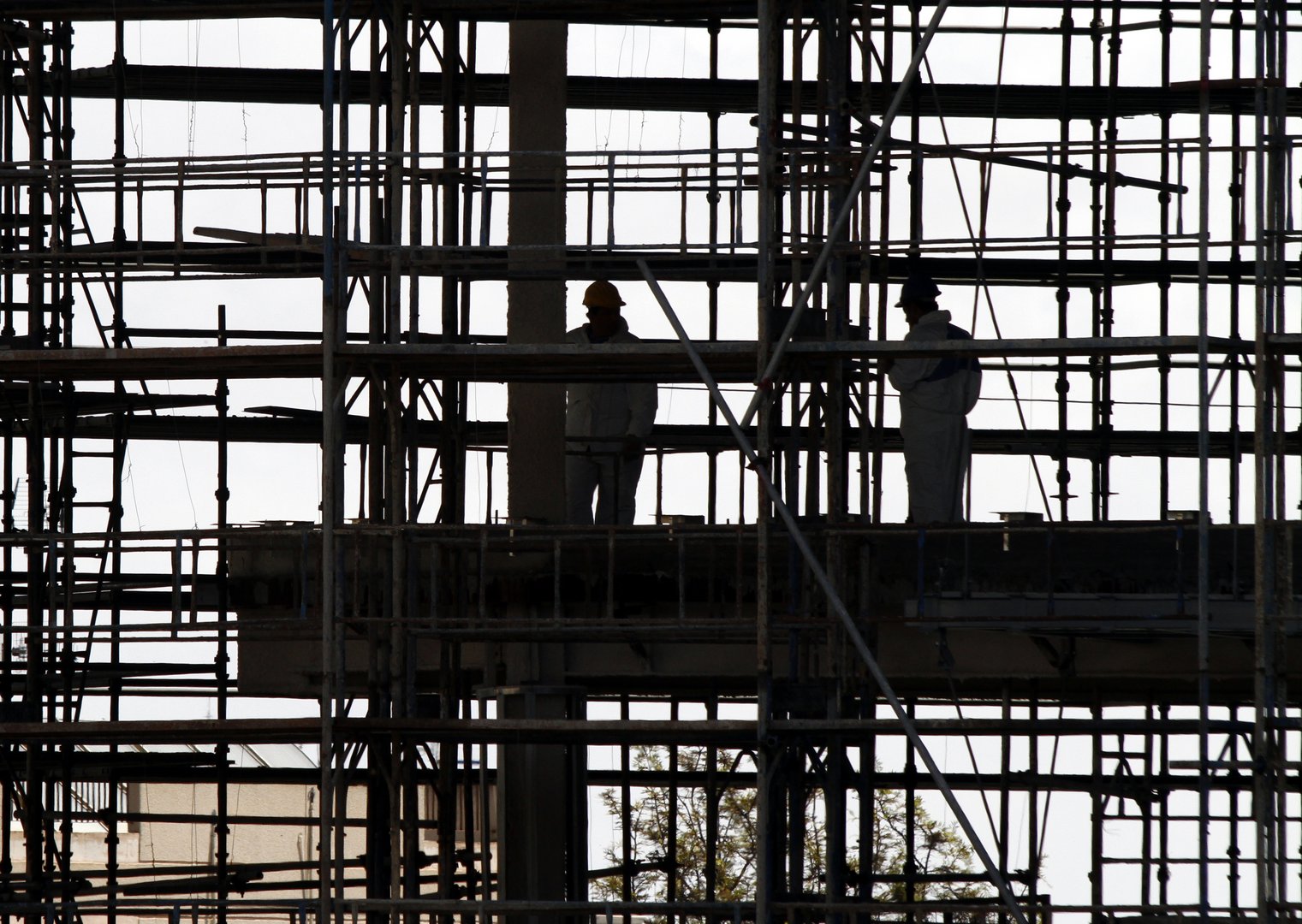Affordable housing involves more planning than merely putting together incentives
New government affordable housing plans have received lukewarm reactions as some are being seen as unfeasible and hold the prospect of stigmatising certain groups much like post-1974 Cyprus where thousands of refugees were housed in estates that decades later became ghettoised in some areas.
The incentives, which are designed to allow thousands to enter the housing market, are set to cost €77 million over the next five years, the interior ministry announced last week, but some of the plans have garnered serious criticism from people working in dealing with the programmes.
Some people will be eligible for tens of thousands of euros in assistance to secure housing. Interior Minister Constantinos Ioannou said the measures would help the middle class and are focused on the young.
“Beyond just increasing the housing stock available, there will be houses and apartments available at prices to rent or buy which are not prohibitive,” the minister said.
He added that incentives will also be offered to improve the current housing stock under the ‘renovate-rent’ scheme, with the hopes that properties which are not being fully utilised will placed back on the market.
However, speaking to the Cyprus Mail, the head of the Cyprus Land & Property Owners Organisation (Ksia) George Mouskides expressed doubt that many of these government schemes would work. He said that Ksia welcomes all incentives. “However, the government is not well-known for, and doesn’t have a good history with such incentives,” he said.

New refugee housing built in 2018 scaled
Specifically, he said that the plan for the refurbishment of idle units, building new units for sale, or building units for rent will not work, because all require licencing and other procedures, which will take time.
He added that another issue with the refurbishment plan is that many of the buildings fall under the tenancy law, which offers rent control to a lot of properties, making this plan unfeasible.
“The government as a developer doesn’t work either,” he said, about a plan for the Cyprus Land Development Corporation (Koag) to build housing units “as it will be met with procedural delays”.
Mouskides added that the plans that Koag have for their housing projects, will also create ghettoised areas, attracting lower income people, and putting a stigma on the people living there, as was the case after the Turkish invasion on the refugee estates.
Also, commenting on the new plan for refugee estates, and the government’s intention to upgrade the buildings there, which have fallen into disrepair, Mouskides said this would continue to stigmatise these residents. The plan would also suffer from delays, he said.
A plan to give government land outside the city for housing projects, he said, would also not work, as “it will gather a lot of lower income people in one area and create extra costs for them”. “They [the plans] sound sophisticated, but in the end they won’t work.”
The government also has urged municipalities to make the process to get proper licencing more expedient, something that Mouskides said “is wishful thinking”.
Plans, which are meant to increase the stock of available housing, also include having rental properties and sale properties offered at affordable prices.
Asked to comment on what the government means by affordable housing, Mouskides said that from the information given to them by the state on the matter, affordable housing means that the government will survey the municipality, decide what the average price for a property is, and then issue that the property for rent or sale. The terms is it must be 30 per cent lower.
An example given was that of Strovolos in Nicosia, where a two-bedroom home on average costs €800 per month to rent. With the affordable rent scheme, such a property would go for €500 per month.
Mouskides, however, did laud some of the government plans, saying that offering subsidies on the purchasing cost would work as it gives a choice to people to go where they want. He added that subsidising loan interest rates will also work.

In post-1974 Cyprus, thousands of refugees were housed in estates that decades later became ghettoised in some areas
Ksia also has some other proposals that would greatly increase the amount of available housing, he added.
He said that there were thousands of empty units or those that need upgrading that also fall under the tenancy law. Mouskides said that this law needed to be abolished and that building owners of the older properties need to be given incentives to utilise the maximum density of their properties.
By maximum density, Mouskides means that some properties are only three floors when the planning allowed six, which in turn would increase the number of available properties.
Called on the Cyprus Mail to comment about the plans, which will see €77 million given in five years, sources from the ministry of finance said that it was within the duty of the ministry (in this case the interior ministry) to make sure that the plan was implemented within the specified time frames.
The finance ministry, according to the sources, gives the money, with the intention that the competent authority will meet the required deadlines.
The refugee housing plan called ‘Ktizo’ – meaning ‘build’ in Greek – was announced earlier this year before the other raft of incentives to get people into homes and is a scheme providing grants to people currently living in condemned buildings and who choose to relocate to newly-constructed buildings, or alternatively subsidies for those choosing to opt out and instead rent in the private sector.
The first phase of the project concerns 43 buildings deemed structurally unsafe. Of these, 20 have been classed as ‘imminently dangerous’ and tenants need to move out as soon as possible.
The state of buildings in refugee housing estates had come under scrutiny, after it emerged that 43 complexes are dangerous and should be condemned, while another 315 were deemed unrepairable either because of structural problems or because repairing them would be unprofitable.
In discussions in parliament, MPs had heard how many of these buildings are dangerous to live in – pipes hanging down, plaster crumbling, dampness, and mold.
Often residents had to rely on quick fixes such as cosmetic repairs on facades.







Click here to change your cookie preferences